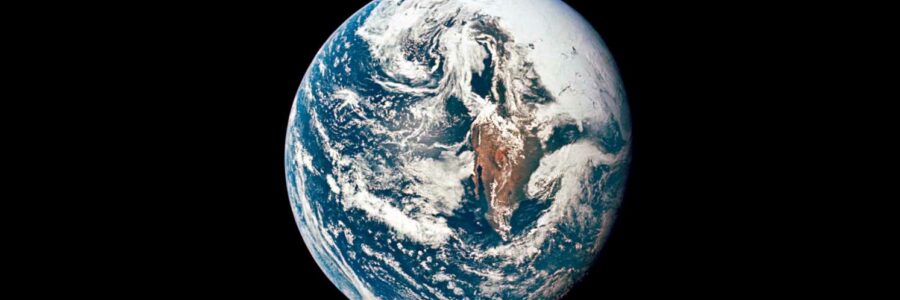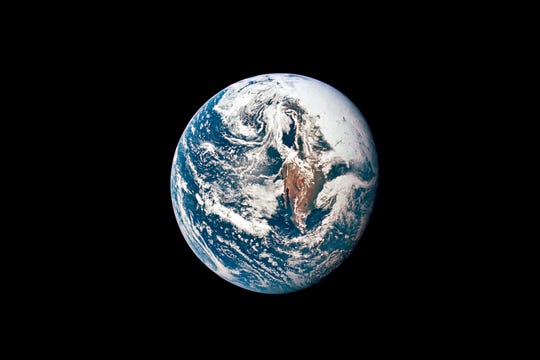
Earth dodges another bullet: Asteroid ‘Apophis’ won’t hit our planet – at least for the next 100 years
Story Highlights
- There is no risk of Apophis impacting our planet for at least a century.
- The Empire-State-Building-sized asteroid zooms by Earth roughly once per decade.
- Apophis will come so close in 2029 that it’ll be visible to the naked eye alone.
Now we have one less thing to worry about.
NASA announced Friday that the potentially menacing asteroid Aphosis won’t hit the Earth in 2068 after all.
“A 2068 impact is not in the realm of possibility anymore, and our calculations don’t show any impact risk for at least the next 100 years,” Davide Farnocchia of NASA’s Center for Near-Earth Object Studies, said in a statement released Friday.
NASA said that the results from a new radar observation campaign combined with precise orbit analysis have helped astronomers conclude that there is no risk of Apophis impacting our planet for at least a century.
The Empire-State-Building-sized asteroid zooms by Earth roughly once per decade. And the roughly 1,100-foot-long space rock is supposed to come rather close to Earth in both 2029 and again in 2036.
Far out: A massive asteroid passing Earth looks like it’s wearing a face mask
In fact, Apophis will come within 20,000 miles of the Earth on Friday, April 13, 2029, enabling astronomers to get a good look. That’s a pretty close pass, considering that the moon is “just” 238,000 miles away, on average.
This May 18, 1969, photo shows Earth as photographed from the Apollo 10 spacecraft during its journey toward the moon. In March 2021, the U.S. space agency announced that new telescope observations have ruled out any chance of the asteroid Apophis colliding with Earth in 2068. (Photo: AP)
Apophis will come so close that day that it’ll be visible to the naked eye alone, something that almost never happens with asteroids, according to EarthSky.org. It’s also within the distance that some spacecraft orbit Earth, NASA said.
The close pass on that Friday the 13th in 2029 will be “an unprecedented opportunity for astronomers to get a close-up view of a solar system relic that is now just a scientific curiosity and not an immediate hazard to our planet,” NASA said.
But it won’t hit the Earth, either in 2029 or at least for the next 100 years.
“When I started working with asteroids after college, Apophis was the poster child for hazardous asteroids,” said Farnocchia. “There’s a certain sense of satisfaction to see it removed from the risk list, and we’re looking forward to the science we might uncover during its close approach in 2029.”
Source: Read Full Article
